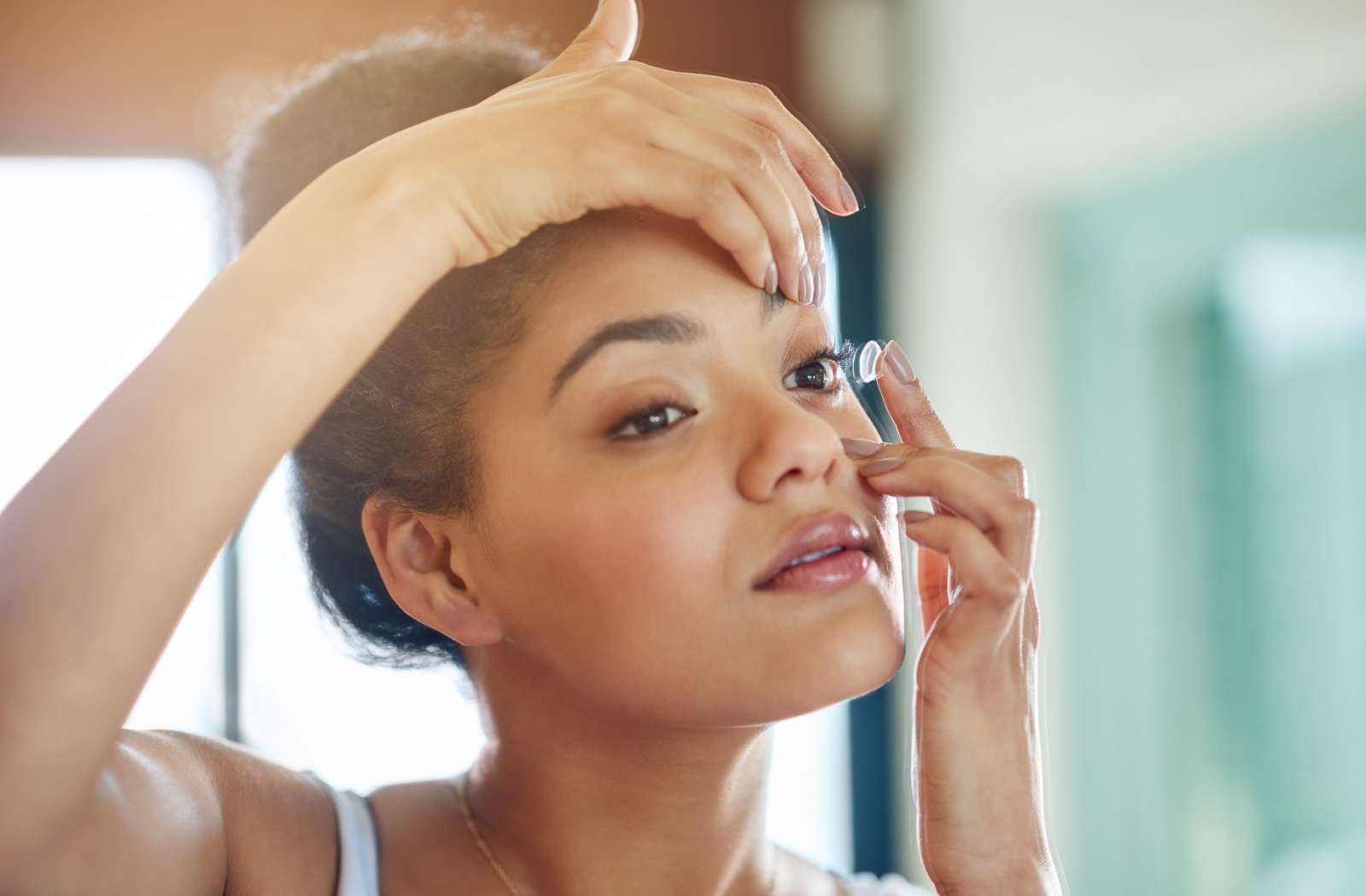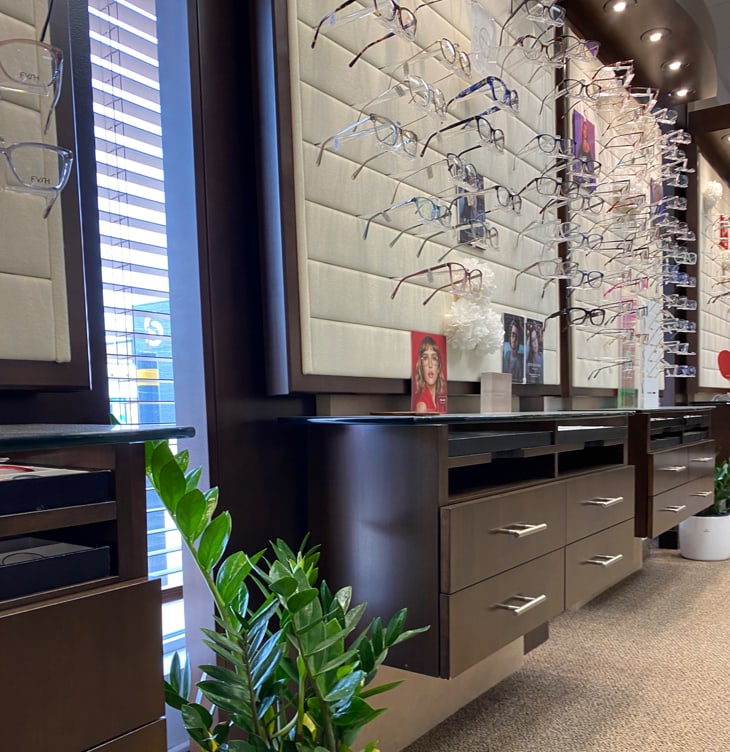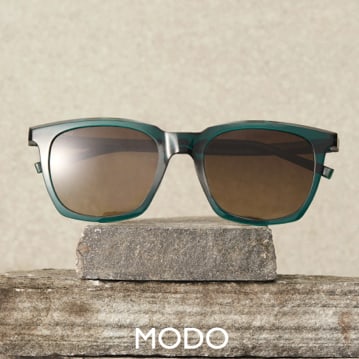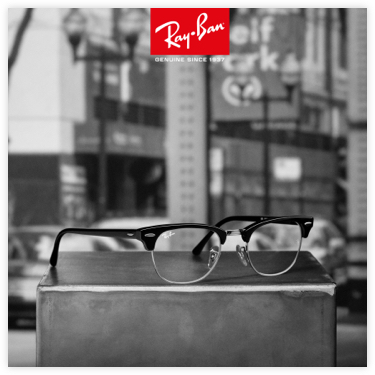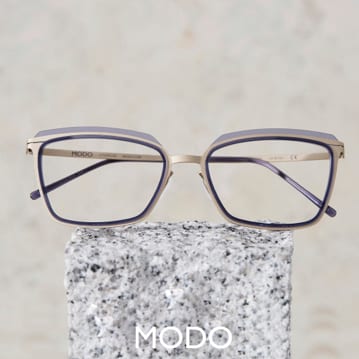In the world of contact lenses, daily disposable lenses are convenient and comfortable. Great for those who prefer a fresh start each day, these lenses are designed to be worn once and then discarded. However, contact lens wearers often wonder whether it’s okay to wear daily contacts for longer than a day.
Daily contact lenses are intended only to be used for one day and should not be worn any longer than that. Wearing these lenses more than once can pose a risk to your eye health.
Let’s explore this question in depth, examining the potential risks and implications, as well as safer alternatives.
Understanding Daily Contact Lenses
Daily contact lenses, often referred to as “dailies,” are designed specifically for single-day use. Their primary appeal lies in the fact that they require no cleaning or storage, which reduces the time and effort typically associated with contact lens care. Each pair is fresh and sterile, helping minimize the risk of eye infections and offering a convenient option for those with busy lifestyles.
Why Are Daily Contacts Designed for Single Use?
The design of daily contacts is a key factor in understanding their intended use. These lenses are made from thin, lightweight materials that prioritize breathability and comfort for one day’s wear. Unlike their extended-wear counterparts, daily lenses do not have the durability to withstand multiple days of use.
The material of daily lenses is less resistant to the buildup of proteins and lipids from tears, which can lead to discomfort, reduced oxygen supply to the cornea, and an increased risk of infection if worn beyond their intended timeline.
Risks of Extended Use
Wearing daily contact lenses beyond their prescribed duration can lead to some of the following potential issues:
- Eye Irritation and Discomfort: The lenses start to dry out and accumulate protein deposits, leading to irritation and discomfort.
- Increased Risk of Infection: Bacteria and other pathogens thrive on lenses that aren’t properly cleaned, elevating the risk of eye infections such as conjunctivitis or keratitis.
- Reduced Oxygen Supply: Daily lenses are designed for optimal oxygen transmission for one day only. Extended wear can deprive the cornea of oxygen, potentially causing issues like corneal hypoxia.
Compromised Vision Quality: Over time, lenses may become cloudy or blurry, diminishing visual clarity.

The Consequences of Over-Wearing Daily Contact Lenses
Ignoring the guidelines for daily lenses can have repercussions for your eye health. While many wearers might not experience immediate issues, the cumulative effects of prolonged use can lead to more serious conditions.
Keratitis, for instance, is an inflammation of the cornea that can result from wearing lenses for too long. It can cause pain, redness, blurred vision, and, in severe cases, can even lead to vision loss.
Safer Alternatives & Practices
If you find yourself frequently wanting to extend the life of your contact lenses, consider these alternatives:
Extended-Wear or Monthly Lenses
For those who desire the flexibility of wearing contacts overnight or for multiple days, extended-wear lenses or monthlies might be a better fit. These lenses are designed to withstand longer durations with appropriate cleaning and care, thereby offering a practical solution for those with busy lifestyles.
Consistent Eye Care Routine
Establishing and maintaining a consistent eye care routine is crucial for long-term vision health. Such a routine includes daily habits such as:
- Washing your hands before touching your eyes
- Using appropriate eyewear for different activities
- Avoiding excessive screen time without breaks.
Additionally, regular appointments with an eye care professional ensure that your prescription is up to date and that you’re using lenses tailored to your lifestyle and needs.
Eye care professionals can also help identify early signs of eye conditions, allowing for more effective interventions and treatments. Taking these steps not only protects your vision but also enhances your overall quality of life.
Exploring Glasses as a Backup
Having a set of glasses as a backup is always a wise choice. They offer a break for your eyes from contact lenses, especially when you’re at home or engaged in activities that don’t necessitate the use of contacts.
Thinking About Booking Your Next Eye Appointment?
While the temptation to stretch the use of daily contact lenses might seem harmless or convenient, it’s a practice that carries significant risks. Your eye health is paramount, and adhering to the guidelines set by eye care professionals ensures that you can enjoy both comfort and clear vision without compromise.
For a personalized approach to your eye care, consider scheduling a consultation with Old South Optometry in London, ON. We can offer tailored advice and solutions, whether you’re considering switching to a different type of lens or simply need assurance that you’re making the best choice for your eyes.
While wearing daily contact lenses for more than a day might seem feasible, it’s not a recommended practice. The health of your eyes should never be compromised for the sake of convenience. Choose wisely, stay informed, and prioritize your vision.


